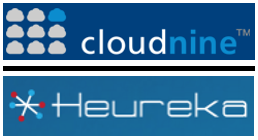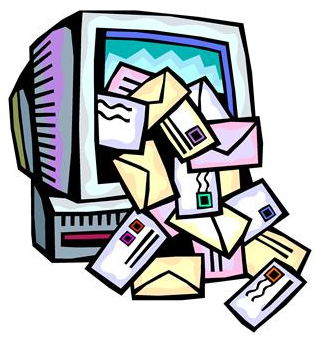ELECT to Have Drinks Again With Me – On Me!: eDiscovery Trends
If you’re in Houston, you have a big decision to make today. No, not that decision! I’m talking about whether or not to have drinks with me! I’m buying!
*Well, technically, my boss is buying, but we won’t quibble…
After making a big “splash” back in September with our last “drinks with me” event at the ARMA Live! Conference & Expo for Records Management and Information Governance professionals (mostly because there was a torrential downpour at the start of that happy hour), we’ve decided to do it again in Houston, home of the headquarters of CloudNine.
“Drinks with Doug” is a sporadic gathering of information technology, business, and eDiscovery professionals in various cities who casually meet and discuss all things eDiscovery over a few drinks with me.
This iteration of “Drinks with Doug” will be held at The Tasting Room – CityCentre, 818 Town and Country Blvd #100, Houston, TX 77024 next Tuesday, November 15 from 6:00-8:00pm. The Tasting Room offers a variety of exquisite wines for guests to enjoy. It also has a special place in my heart as it’s where my wife and I spent several of our early dates when we first started dating. :o)
Space is filling up quickly, so if you plan to be in Houston that day and would like to attend, please send your RSVP ASAP to Jessica Moore at jmoore@cloudnine.com. To improve your chances to be included, please send the email from your work email address, not from a “gmail” or other personal account.
Hope to see you there!
So, what do you think? Do you like eDiscovery? Do you like wine? Are you in Houston? If you answered “yes” to all three questions, then you should attend! Regardless, please share any comments you might have or if you’d like to know more about a particular topic.
Disclaimer: The views represented herein are exclusively the views of the author, and do not necessarily represent the views held by CloudNine. eDiscovery Daily is made available by CloudNine solely for educational purposes to provide general information about general eDiscovery principles and not to provide specific legal advice applicable to any particular circumstance. eDiscovery Daily should not be used as a substitute for competent legal advice from a lawyer you have retained and who has agreed to represent you.










